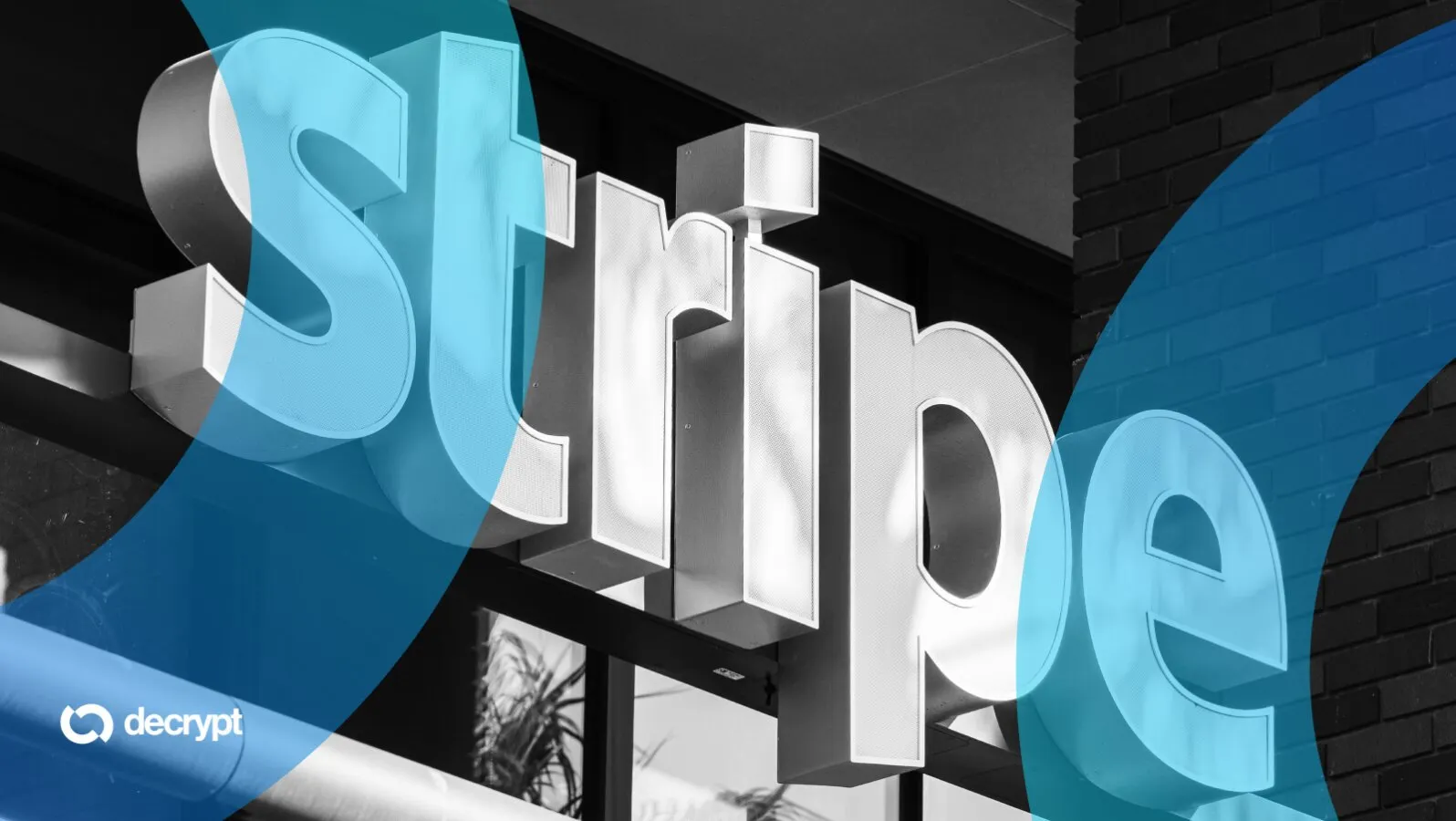Stablecoin Issuers Race for US Bank Charters as Stripe's Bridge Joins the Queue

Bridge, Stripe’s stablecoin arm, has applied to the OCC for a national trust bank, joining four others vying for federal approval.
Bridge, the stablecoin infrastructure arm of Stripe, has submitted an application to the Office of the Comptroller of the Currency to organize a national trust bank as competition in the sector continues at a steady pace.
Once approved, the charter would allow Bridge “to operate under a unified federal framework consistent with the GENIUS Act,” co-founder Zack Abrams stated on X.
The proposed Bridge National Trust Bank would enable Stripe to issue, redeem, and custody stablecoins within a federally regulated framework, instead of going through state-level money-transmitter licenses.
Such a regulatory infrastructure would enable Bridge “ to tokenize trillions of dollars,” Abrams added.
Stripe acquired Bridge in October last year through a $1.1 billion deal as part of its broader plan to integrate blockchain-based payments into its global merchant network.
The move follows passage of the Guiding and Establishing National Innovation for U.S. Stablecoins (GENIUS) Act, which created a new charter category for “permitted payment stablecoin issuers.”
Under the GENIUS Act, stablecoin issuers are required to maintain 100% reserves in cash or Treasuries, publish monthly disclosures, and prioritize redemption rights for token holders.
Through the GENIUS framework, the OCC can directly supervise nonbank issuers such as Bridge, a shift long sought by fintech firms. Decrypt reached out to the OCC and Stripe for comment.
The rush for federal bank charters is already underway.
In July, Circle filed for a national trust license to oversee USDC reserves under OCC oversight. Shortly after, Ripple joined the queue, with its own OCC charter bid, seeking dual federal and state oversight.
Paxos followed a month later, positioning itself for national rather than purely state-level licensing. Earlier this month, Coinbase announced it had applied for a National Trust Company Charter..
If granted, Bridge’s license would make it one of the first stablecoin-focused national trust banks in the U.S.
Observers see the filing as a test of Washington’s new approach to digital asset regulation.
Bridge’s OCC charter bid follows a “major inflection point for the stablecoin sector,” showing how “the U.S. is finally moving toward federal recognition of digital dollar infrastructure,” a representative for decentralized exchange aggregator Astros, told Decrypt.
“A federally chartered stablecoin bank under the GENIUS Act will set a precedent for interoperability between on-chain liquidity and off-chain oversight,” they added.
Asked about state-licensed models such as those for other stablecoin issuers like Circle and Paxos, Astros stated that Bridge’s move could be seen as “a complement, not a displacement.”
What matters is how efforts to build “a layered system where regulated institutions and decentralized protocols can safely co-exist” could be consolidated, they said.
Decentralized finance platforms could benefit from “more clarity” at the federal level, allowing them to integrate compliant and high-quality collateral “without sacrificing user autonomy or innovation,” Astros stated.
Related News
- Does the Bitcoin 'Debasement Trade' Narrative Still Hold Up After the Crash?
- Japanese Regulator Eyes Ban on Crypto Insider Trading: Nikkei
- Naughty or Nice? ChatGPT to Allow Erotica in December, Says Sam Altman
- Bitcoin Reasserts Dominance Over Ethereum as Trump Trade Spat Escalates
- 'Bitcoin Mayor' Eric Adams Establishes NYC Digital Assets and Blockchain Office
- Binance Offers Another $400M to Traders After Crypto Crash Triggers Record Liquidations
- Laura Loomer Stokes Speculation Over Trump SBF Pardon: Is There Anything to It?
- Kenya Passes Bill to Regulate Crypto as Regional Momentum Grows
- Tether Pays $300 Million to Settle Celsius Lawsuit Over $4.5 Billion in Bitcoin
- Republican Bill Aims to Make Trump's Bitcoin and Crypto 401K Order Federal Law
© 2025 DeFi.io